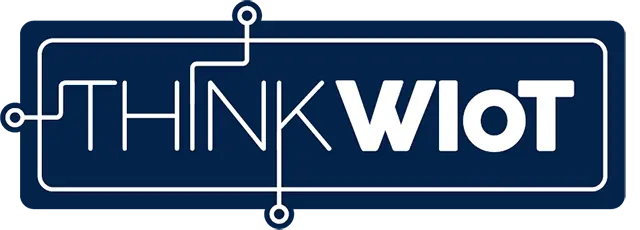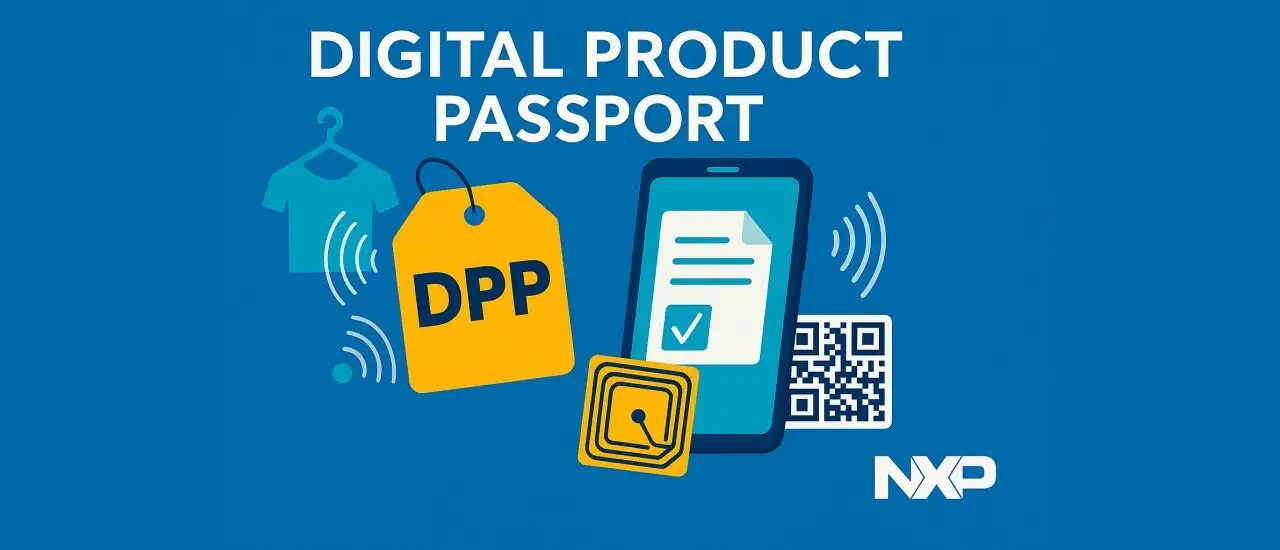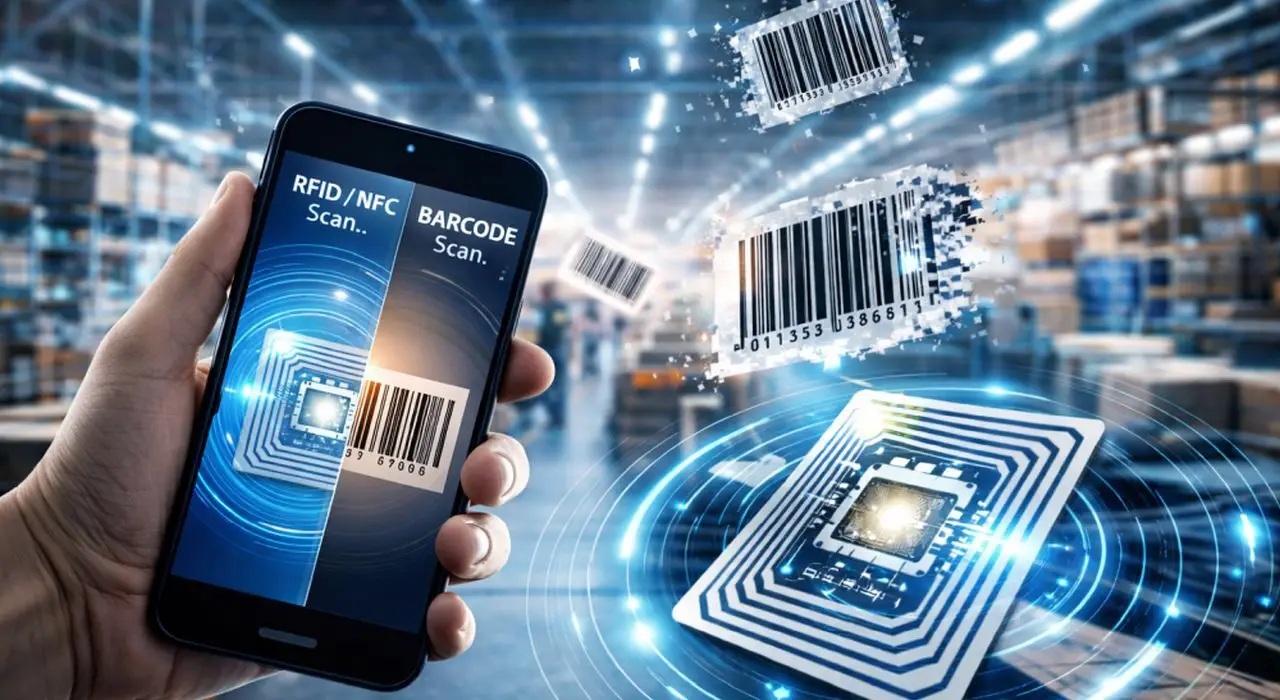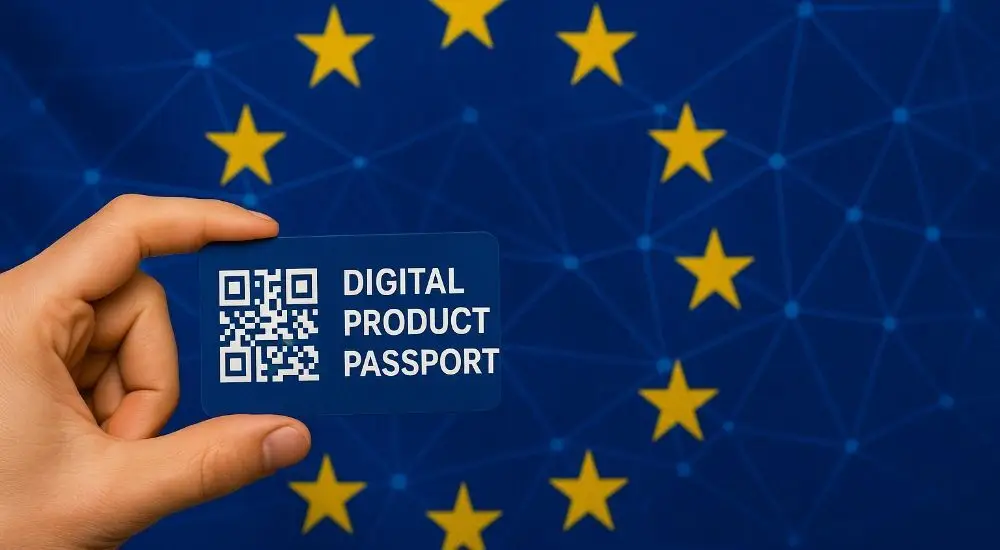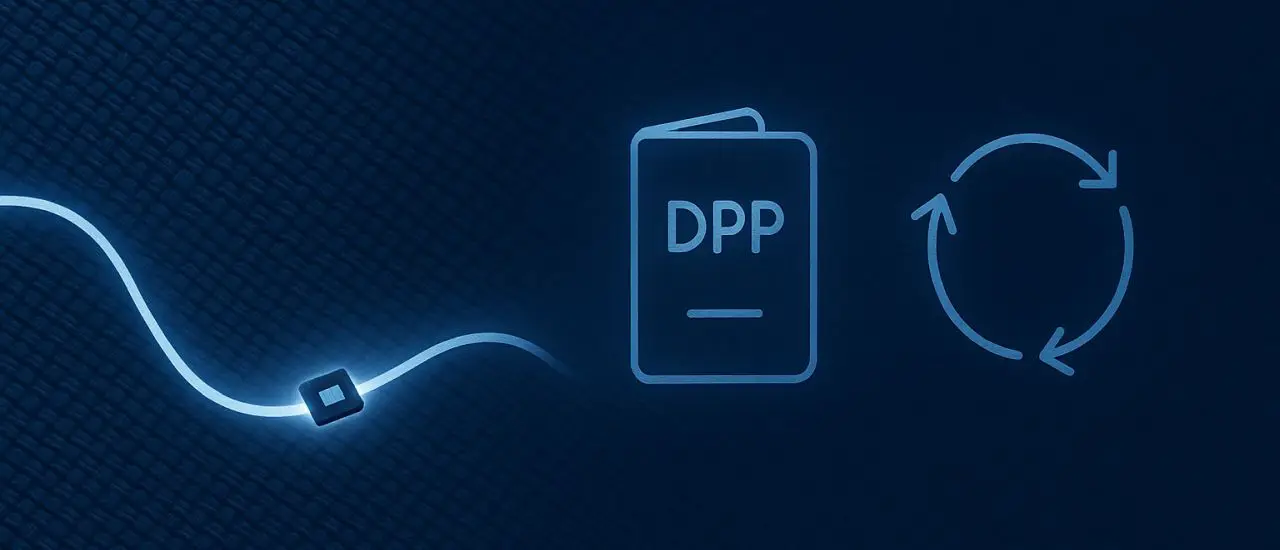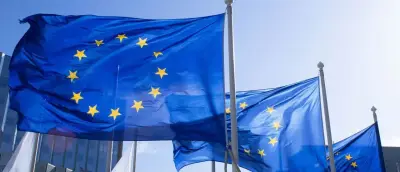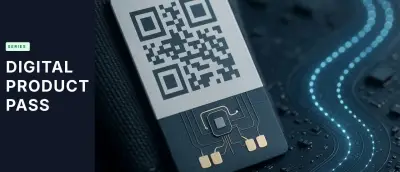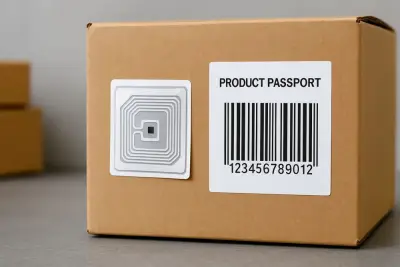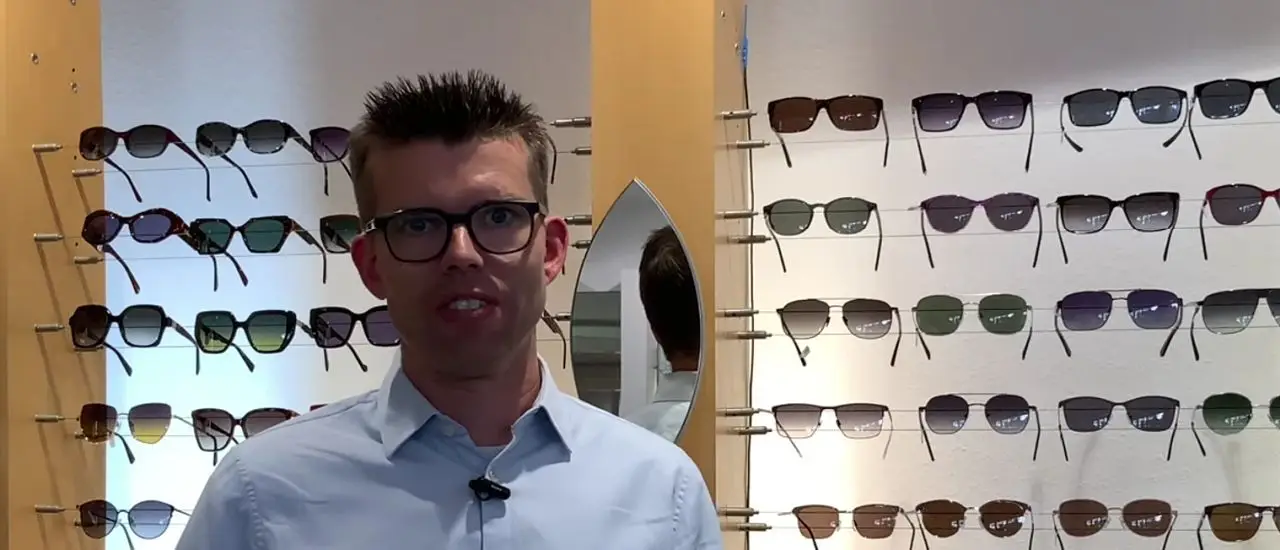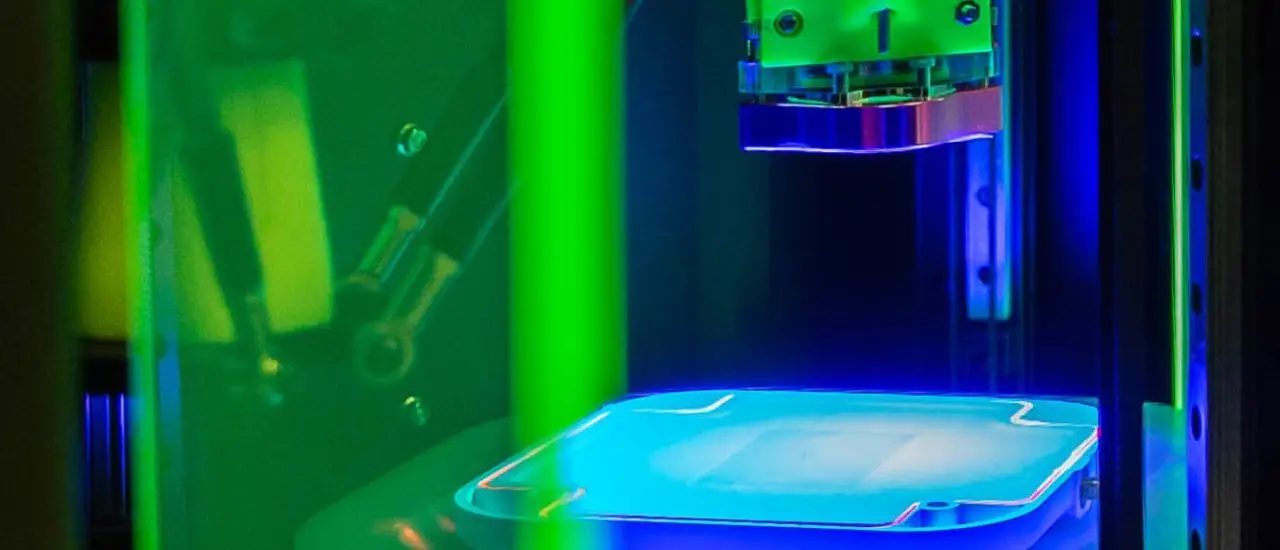- The EU has a clear DPP roadmap with textiles prioritized and CEN JTC24 advancing standards.
- CEN-defined unique identifiers and data carriers are intended to ensure interoperability across devices.
- RAIN RFID and NFC are positioned as the primary technologies for automation, bulk reading, and consumer interaction.
- The DPP enables new retail and consumer services, improved resale trust, and circular-economy benefits.
- Implementation costs are expected to be borne by economic operators, with existing RFID agreements easing adoption.
The European Union’s Digital Product Passport (DPP) is set to transform the way physical products are managed, tracked, and experienced. Beyond compliance, the DPP offers enormous opportunities for brands, retailers, and consumers.
Think WIOT spoke with Kurt Bischof, Director Marketing RAIN RFID Solutions Retail at NXP Semiconductors, about the upcoming regulations, RFID adoption, and the impact on industries and consumers.
DPP Will Happen – and It Will Be Big
The European Commission has set an ambitious roadmap for the DPP. How certain is its implementation?
Kurt Bischof: From all we can see today, the Digital Product Passport is well on track – and it will happen. Textiles are one of the first sectors in focus, and the standardization work through CEN JTC24 is already defining unique identifiers and data structures. This ensures that every smart device, from smartphones to industrial scanners, will be able to access DPP data seamlessly.
For retailers and brand owners, this opens up entirely new channels:
The DPP will offer tremendous opportunities for direct marketing to the consumer. And that’s on top of regulatory compliance.
RAIN RFID and NFC at the Core
The standard is designed to be technology-neutral. Why are RAIN RFID and NFC so central?
Kurt Bischof: While the DPP can support different data carriers, NFC and RAIN RFID have clear advantages. They allow for automation, bulk reading, and frictionless consumer interaction. At NXP, we actively develop both technologies, and we believe that a dual-technology approach is the best way to avoid market fragmentation and ensure broad adoption.
The DPP is expected to drive widespread adoption of RFID, particularly RAIN RFID and NFC. These technologies are already mature and scalable – and the regulatory momentum from the EU makes it unlikely that DPP will remain a pilot project.
One Standard, Not a Patchwork
Some stakeholders worry that different DPP models across Europe could lead to isolated solutions. Do you share that concern?
Kurt Bischof: The goal is clear: every smart device must be able to access the DPP data of the product in hand. The European Union will define what data attributes are stored and how they are structured, ensuring true interoperability across industries. At NXP, we are closely involved with industry alliances and standardization bodies to make this vision a reality.
Value Beyond Compliance
Many companies see the DPP as a compliance burden. What opportunities does it open up?
Kurt Bischof: Compliance is just the starting point. The DPP offers tremendous opportunities for brands and retailers. Imagine consumers who have lost their product manuals or need repair instructions years after purchase – with the DPP, that data is just a tap away on their smartphone. It also supports resale markets, as verified product data builds trust and strengthens the circular economy.
Impact Across the Lifecycle
Where do you see the biggest impact along the value chain?
Kurt Bischof: The DPP will influence the entire product lifecycle:
In production and supply chains, it enables real-time tracking and more accurate inventory management.
In consumer engagement, it delivers transparency about origin, sustainability, and available services.
For the environment, it encourages recycling and responsible resource use.
Who Pays?
Integrating the DPP will come with costs. Who will be responsible?
Kurt Bischof: The economic operators – mainly brands and retailers – will oversee the DPP databases. The cost of applying data carriers, such as RAIN RFID tags, depends on existing supplier agreements. But this isn’t entirely new. Retailers already use similar agreements today for RFID, so no big structural changes are necessary.
Outlook: RFID’s Defining Moment
What does this mean for RFID adoption?
Kurt Bischof: With both regulatory pressure and consumer demand, the DPP marks a defining moment. RAIN RFID and NFC are mature, scalable technologies, and the momentum from the EU makes it very unlikely that the DPP will remain just a pilot. At NXP, we see this as more than technology – it’s about shaping the way physical products and digital services come together in the future economy.
Don’t Miss Kurt Bischof Live at WIoT tomorrow 2025
On October 23, 2025 in Wiesbaden, at the forum Digital Product Passport Meets Wireless IoT, Kurt Bischof will present: “Beyond Compliance: The Strategic Value of Digital Product Passports.” Gain first-hand insights into how the DPP enables transparency, interoperability, and new business models – and why its value goes far beyond compliance. Get your conference ticket here!
Niklas Van Bocxlaer - Senior Event Manager, WIoT tomorrow


